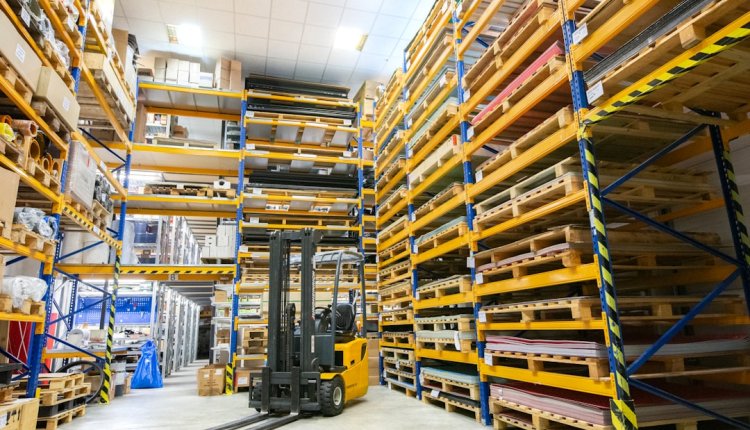How to choose a fulfillment partner for your ecommerce business
As your eCommerce business begins to grow, managing your logistics — such as storing products, packing orders, and ensuring on-time delivery — can quickly become overwhelming. This is where a reliable fulfillment partner can make all the difference. Choosing the right fulfillment partner is a crucial decision that can directly impact customer satisfaction, brand reputation, and overall profitability.
But how do you choose the right one? Let’s explore the key considerations that will help you make an informed decision.
1. Understand Your Business Needs
Before you begin evaluating potential partners, take a step back and assess your eCommerce needs. Ask yourself:
- What are your average monthly order volumes?
- Where are most of your customers located?
- Do you sell domestically, internationally, or both?
- Do you require any special handling for your products (e.g., refrigeration, fragile packaging)?
Your answers to these questions will help narrow your search and ensure the fulfillment partner you choose aligns well with your operational requirements.
2. Warehouse Locations Matter
Location plays a critical role in shipping speed and cost. A fulfillment partner with strategically located warehouses — preferably near your primary customer base — will ensure faster delivery times and reduce shipping expenses.

For example, if the majority of your customers are on the East Coast of the United States, choosing a fulfillment partner with a warehouse in New Jersey or Atlanta could be highly beneficial.
3. Technology Integration
Modern fulfillment centers rely heavily on technology. A great partner should offer an easy-to-use dashboard or portal that integrates seamlessly with your eCommerce platform such as Shopify, WooCommerce, or Amazon.
Some features you should look for include:
- Real-time inventory tracking
- Order status updates
- Automatic synchronization of orders from your online store
- Returns processing
Reliable software integration reduces the likelihood of errors and gives you better control of your end-to-end order process.
4. Scalability and Flexibility
Your chosen fulfillment partner should be able to scale with your growth. Whether you’re preparing for seasonal sales spikes or launching a new product line, your partner should be able to accommodate increased volume without a drop in service quality.
Additionally, flexibility in service offerings — such as value-added services like custom packaging or kitting — can provide more control over branding and customer experience.
5. Cost Transparency
Fulfillment pricing structures can vary greatly. Typically, costs include warehousing fees, pick and pack charges, shipping fees, and account management fees. Some fulfillment companies may also charge for setup or integrations.
Make sure to:
- Request a detailed breakdown of costs
- Watch for hidden fees
- Compare pricing based on your estimated monthly order volume
It’s not always about choosing the cheapest option, but rather the one that offers the best value for your specific needs.
6. Reliability and Reputation
Do some background research before committing. Look for reviews, case studies, and testimonials from other eCommerce businesses. A good fulfillment partner should have a track record of:
- Accurate and timely shipments
- Responsive customer service
- Resolving issues effectively
Ask if you can contact any current or past clients as references to get honest feedback on their experiences.

7. Return Management
The return experience is a crucial aspect of customer satisfaction in eCommerce. Look for a fulfillment partner with a clearly defined and efficient return process. Ask how they handle damaged goods or exchanges, and whether they can restock returned products quickly and accurately.
8. Trial Period or Pilot Program
If possible, test the waters with a pilot program. A trial phase will give insight into their systems, response speed, accuracy of order fulfillment, and customer service. It’s a low-risk way to evaluate if the partnership is a good long-term fit.
Final Thoughts
Choosing the right fulfillment partner is not just about logistics—it’s about building a relationship that supports your goals, enhances your customer experience, and grows with your business. By taking the time to assess your needs, compare options thoughtfully, and prioritize trust and transparency, you’ll be well on your way to finding a partner who truly adds value to your eCommerce venture.

Comments are closed.